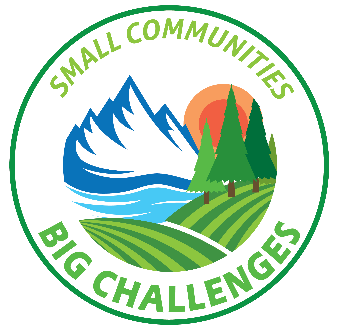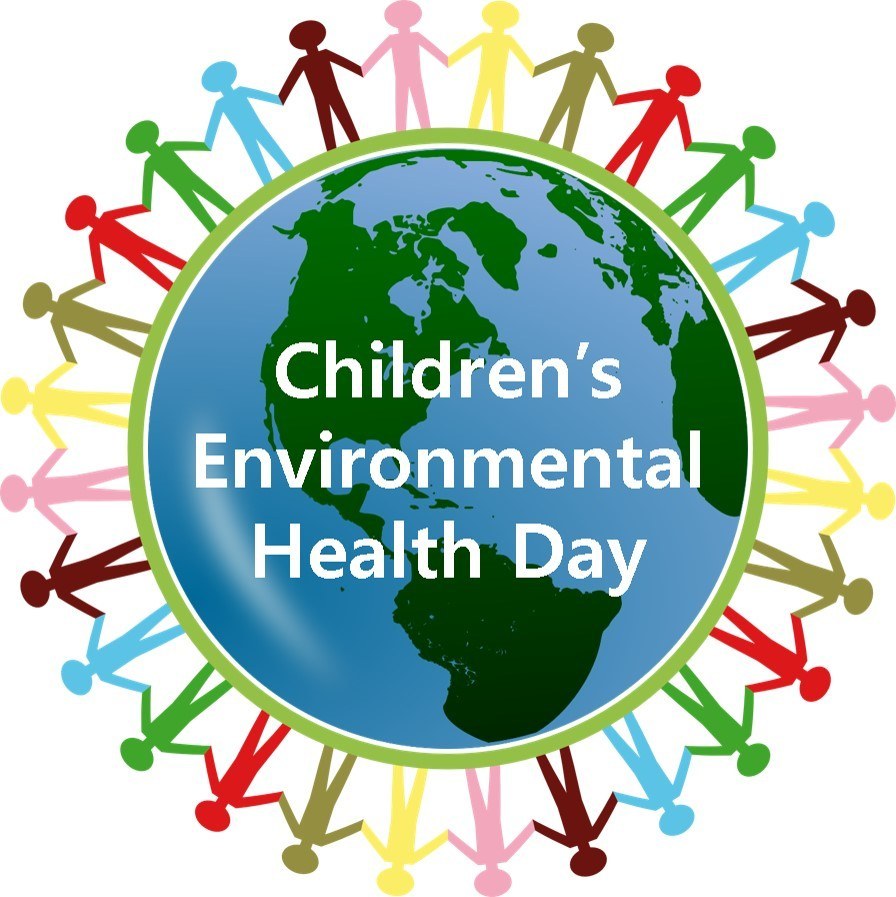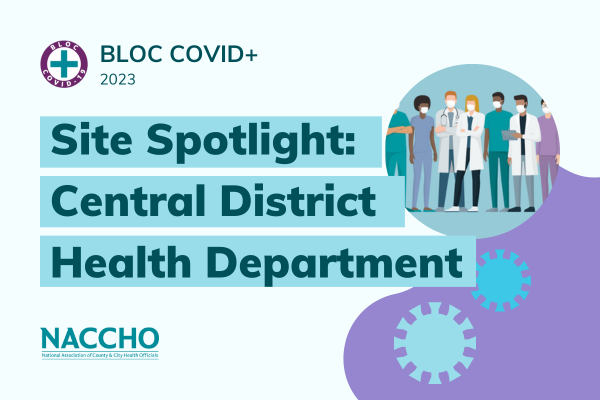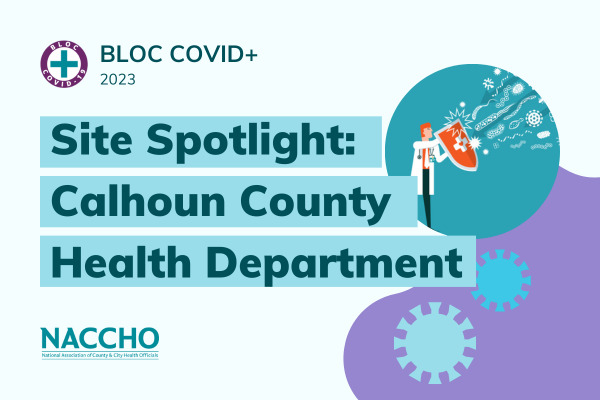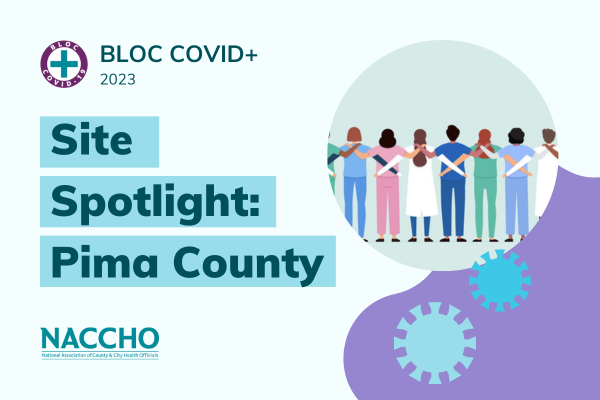Popular Categories
Free Groundwater Resources for Environmental Health Professionals
Many parts of the United States depend on groundwater as a primary source of water. A new Centers for Disease Control and Prevention...
Oct 27, 2015 | Katie Regan
GIS and Local Health Departments: Supporting Environmental Health at the Community...
It is impossible to separate health and place. This simple truth forms the basis of all understanding in modern environmental health....
Oct 13, 2015 | Chris Mills
FDA Releases New Food-Related Emergency Exercises
The U.S. Food and Drug Administration (FDA) has added two new food-related emergency exercises to its Food Related Emergency Exercise...
Oct 13, 2015 | Katie Regan
EPA Announces Restrictions on Ozone Pollution
The Obama Administration today unveiled new restrictions on ozone pollution that tighten the current limits for the first time since...
Oct 01, 2015 | Katie Regan
NACCHO Recognizes Local Health Departments for Infectious Disease Model and...
NACCHO’s Model Practice and Promising Practice awards recognize local health departments’ innovative programs, resources,...
Sep 10, 2015 | Alyson Jordan
NACCHO Commemorates the 25th Anniversary of the Ryan White CARE Act
This past Tuesday, August 18, marked the 25th anniversary of the Ryan White Comprehensive AIDS Resources Emergency (CARE) Act. It was...
Aug 21, 2015 | Gretchen Weiss
Food Related Emergency Exercise Budget
The Food Related Emergency Exercise Bundle (FREE-B) is a compilation of scenarios based on both intentional and unintentional food...
Aug 19, 2015 | Katie Regan
Addressing the Public Health Threat of Climate Change
August 3rd was an historic day for the health of the United States as the White House announced the Clean Power Plan to tackle the...
Aug 19, 2015 | Lisa Brown
Model Aquatic Health Code Provides Guidance on Aquatic Facility Safety
By Douglas Sackett, Executive Director, Council for the Model Aquatic Health Code In the United States, the number of recreational...
Jul 30, 2015 | Guest Author
Free Groundwater Resources for Environmental Health ProfessionalsMany parts of the United States depend on groundwater as a primary source of water. A new Centers for Disease Control and Prevention webpage includes resources for environmental health practitioners on groundwater protection. Examples of resources include a drinking water advisory toolkit; an emergency water supply planning guide for hospitals and healthcare facilities; and the EnvPHPS […] Oct 27, 2015 | Katie Regan |
GIS and Local Health Departments: Supporting Environmental Health at the Community LevelIt is impossible to separate health and place. This simple truth forms the basis of all understanding in modern environmental health. Local health departments working in the environmental health field should ensure they are well-versed in the tools that highlight the hazards, threats, and peculiarities particular to their communities; in particular, they should be familiar […] Oct 13, 2015 | Chris Mills |
FDA Releases New Food-Related Emergency ExercisesThe U.S. Food and Drug Administration (FDA) has added two new food-related emergency exercises to its Food Related Emergency Exercise Bundle (FREE-B). The new exercises, “Wat’er You Thinking” and “Foul Fodder,” involve the possible contamination of a local water supply and the apparent tampering of animal feed. FREE-B is a compilation of scenarios based on both... Oct 13, 2015 | Katie Regan |
EPA Announces Restrictions on Ozone PollutionThe Obama Administration today unveiled new restrictions on ozone pollution that tighten the current limits for the first time since 2008, but fall short of the stricter regulations public health and environmental agencies had pushed for. The new regulations limit the standards for ground-level ozone—the smog-causing emissions that come from tailpipes, factory smokestacks, and power plants—from... Oct 01, 2015 | Katie Regan |
NACCHO Recognizes Local Health Departments for Infectious Disease Model and Promising PracticesNACCHO’s Model Practice and Promising Practice awards recognize local health departments’ innovative programs, resources, administrative practices, or tools that demonstrate exemplary and replicable qualities in response to a local public health need. A model practice meets the following criteria: local health department role, collaboration, innovation, responsiveness, and evaluation of both the... Sep 10, 2015 | Alyson Jordan |
NACCHO Commemorates the 25th Anniversary of the Ryan White CARE ActThis past Tuesday, August 18, marked the 25th anniversary of the Ryan White Comprehensive AIDS Resources Emergency (CARE) Act. It was a day to reflect on the passion that inspired the legislation, purpose that continues to drive the program, and excellence in health outcomes for people living with HIV/AIDS. It was also a day for […] Aug 21, 2015 | Gretchen Weiss |
Food Related Emergency Exercise BudgetThe Food Related Emergency Exercise Bundle (FREE-B) is a compilation of scenarios based on both intentional and unintentional food contamination events. It is designed with the intention of assisting government regulatory and public health agencies in assessing existing food emergency response plans, protocols and procedures that may be in place, or that they are in […] Aug 19, 2015 | Katie Regan |
Addressing the Public Health Threat of Climate ChangeAugust 3rd was an historic day for the health of the United States as the White House announced the Clean Power Plan to tackle the effects of climate change. The Clean Power Plan establishes the first-ever national standards to limit carbon pollution from power plants. Climate change is transforming the landscape of public health by altering the […] Aug 19, 2015 | Lisa Brown |
Model Aquatic Health Code Provides Guidance on Aquatic Facility SafetyBy Douglas Sackett, Executive Director, Council for the Model Aquatic Health Code In the United States, the number of recreational water illness (RWI) outbreaks has increased significantly over the past two decades. Moreover, drowning remains a leading cause of unintentional injury-related death for children ages 1-14, second only to motor vehicle crashes. And, injuries from pool […] Jul 30, 2015 | Guest Author |
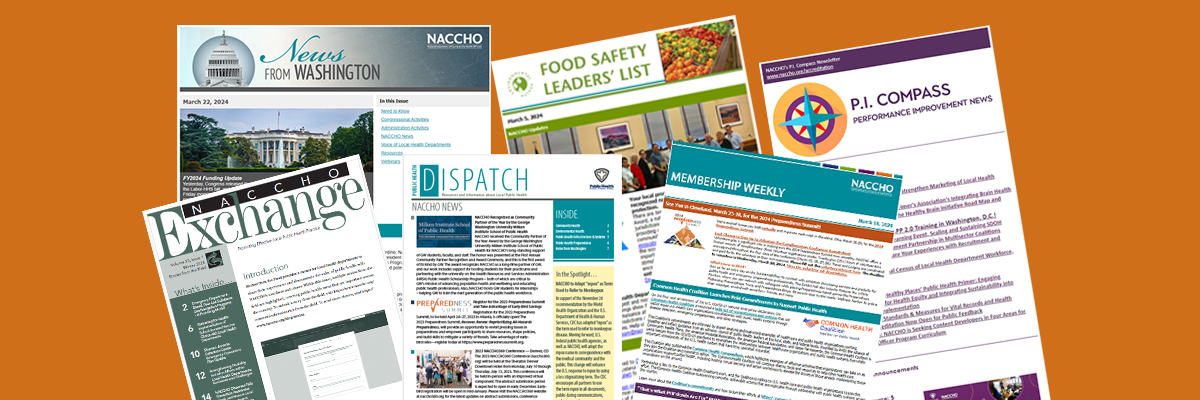
Subscribe Today
Sign Up for the E-mail Digests
Create an account or login to MyNACCHO and go to "My Subscriptions."
SUBSCRIBE NOW
